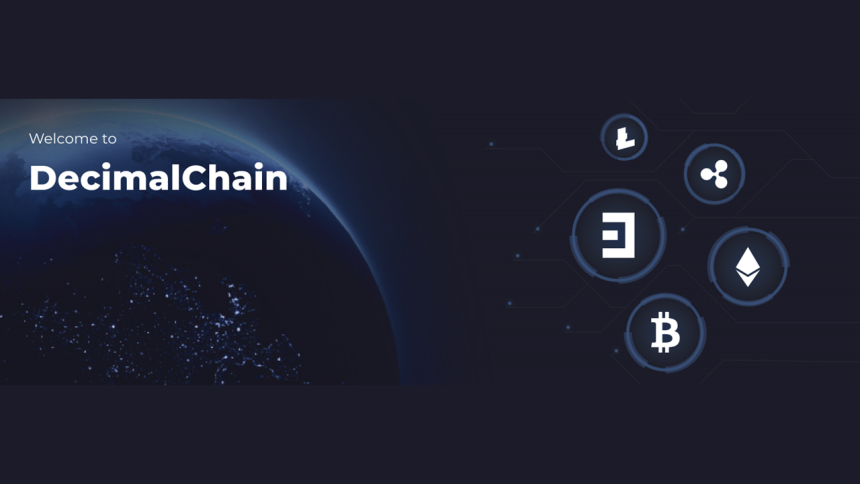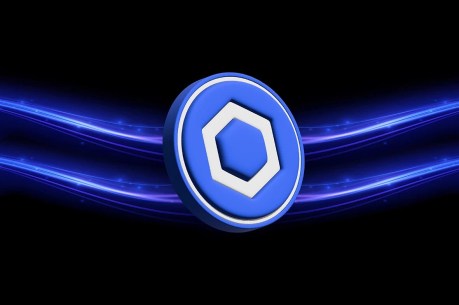As we know, blockchain cannot exist without a consensus algorithm, a kind of mechanism for verifying the implementation of rules. Some algorithms make it possible to build reliable decentralized systems, and some allow to create blockchains with scalability and high throughput.
In 2013, Daniel Larimer, programmer and cryptocurrency entrepreneur, developed the Delegated-proof-of-stake (DPoS), a type of PoS similar to the representative democracy in most modern states. What seems unique about the DPoS is that participants use their own tokens in order to choose validators who, in turn, check and add blocks. The DPoS algorithm is involved in many blockchain projects including DecimalChain.
As mentioned above, the DPoS algorithm is a kind of PoS,. This means it also serves as an alternative to PoW and a solution to the problem of huge energy costs for BTC mining. However, for the PoS algorithm, the “Nothing at Stake” issue is relevant. This problem is related to a phenomenon known as the “Tragedy of Shared Resources”. The “tragedy of shared resources” is described as a phenomenon in which the interests of individuals may contradict the benefits of common use. As the simplest example, a common pasture is given, the excessive use of which leads to its depletion and destruction.
Still, it is important that DPoS-based blockchain systems consume significantly less energy than their PoW counterparts. In other words, validators in DPoS use computing power specifically to process transactions, while PoW miners spend a huge amount of energy and capacity to make calculations, and this is needed just to meet the artificial conditions of the system. Thus, the DPoS algorithm is head and shoulders above PoW.
The thing that significantly distinguishes the algorithms from each other is the principle of choosing a participant who will get the right to add a new block to the chain. In projects based on PoW algorithm, those who are eager to add a new block try to solve a crypto puzzle faster than the others. In the PoS algorithm, participants risk their tokens in order to be able to add a block.
In a situation with the DPoS algorithm, participants voluntarily nominate candidates for the role of a validator who checks and adds new blocks. Other participants vote for candidates with their tokens, and the weight of votes is distributed according to the number of coins deposited. After the voting is over, a pool of validators will be formed. A special algorithm builds a queue of validators and one by one they give them time to add a block. The right will pass to the next participant in the queue in the event that the node does not have enough time to add a block. Once the queue is over, it is formed anew.
Most cryptocurrencies still use PoW consensus. And although the Ethereum cryptocurrency will soon switch to the PoS model, which, as planned, will reduce the energy intensity of the network by 99%, the DPoS consensus algorithm used by DecimalChain, remains much more efficient.
One of the simplest examples is that now you need to enter PoW and PoS either with huge capacities, or with a large share of staking in order to withstand at least some competition and create new blocks. The DecimalChain blockchain does not require this.
An important advantage of using the DecimalChain blockchain on the DPoS algorithm is the absence of a node (a computer connected to the network and ensuring its functioning) for forging (the possibility of making a profit in the form of new units of cryptocurrency, due to receiving a certain percentage for the work done).
DecimalChain uses bonding, a transaction in which coins on the user’s account are linked to the selected validator.
The DPoS algorithm allows the DecimalChain network to reach consensus on new blocks faster than the PoW and PoS algorithms since DPoS consensus implies the simplest mechanisms for creating blocks via inexpensive equipment and with a high degree of honesty.
The DecimalChain blockchain pays a commission for each block created, while the commission itself is divided among all validators, and they distribute it proportionally among the delegates.
DPoS-consensus creates a voting system that directly depends on the reputation of validators. If the selected node does not work correctly or works inefficiently, it will be quickly deleted and replaced by another one. Therefore, DecimalChain validators are motivated to act honestly and effectively so that they will be voted for with their stake in the future.























